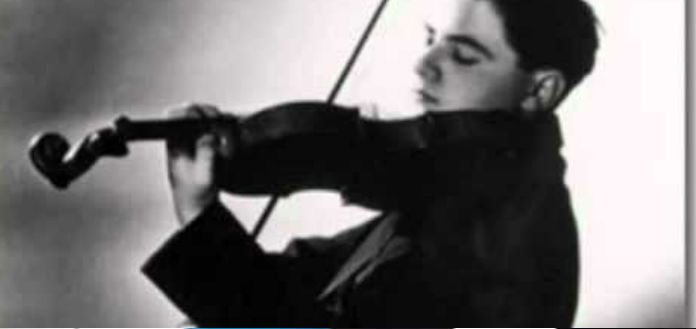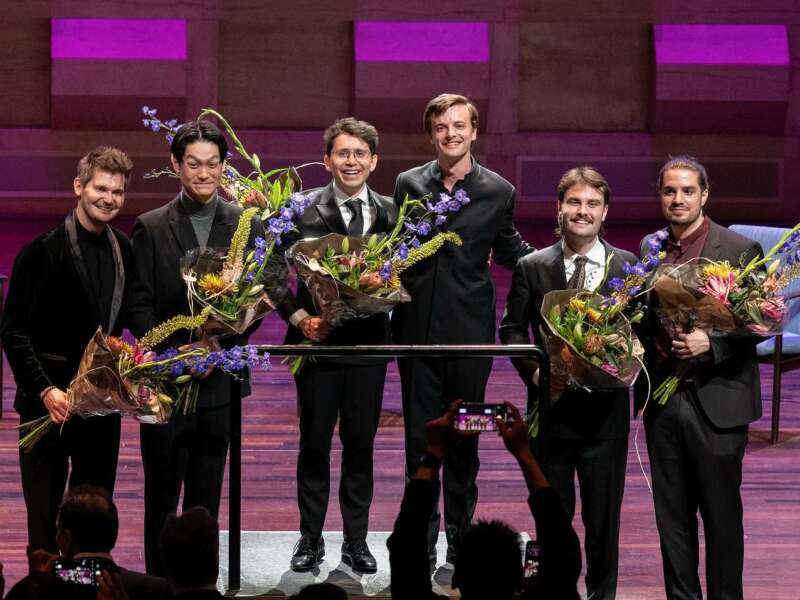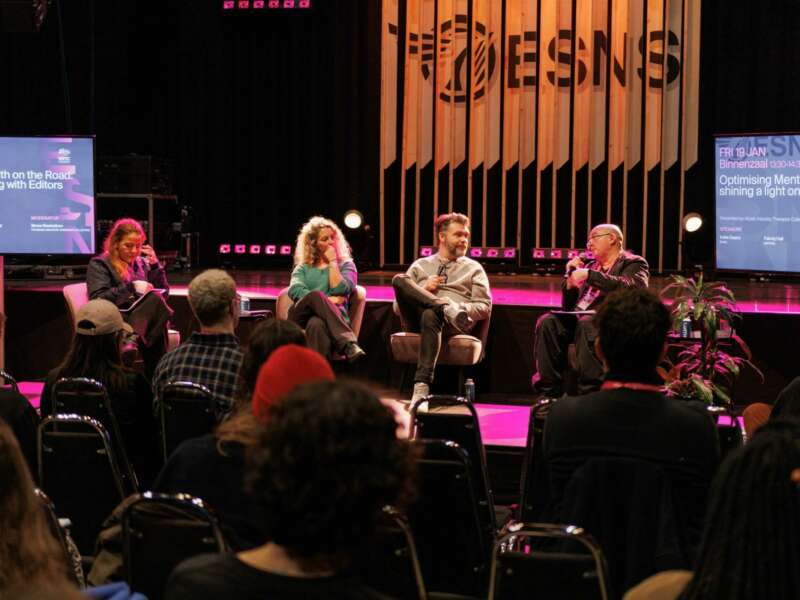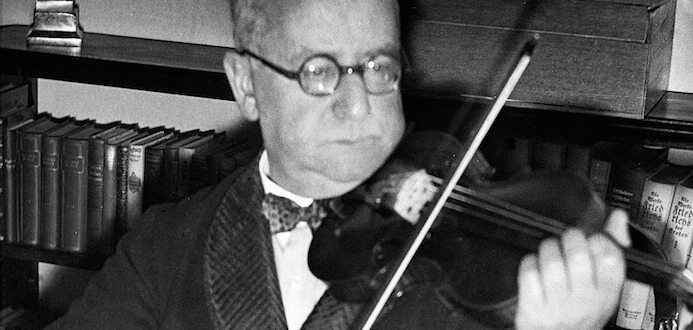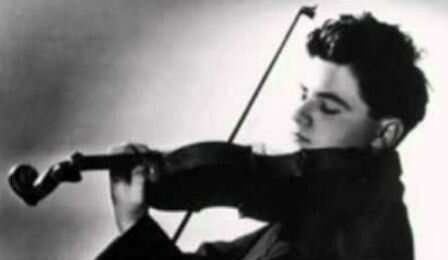Born on 28 December 1923 in Suwałki, Poland, Joseph Hassid was the second youngest among four siblings. His mother passed away when he was ten, and his upbringing was overseen by his father, Owsiej, who actively managed his son's career. Following lessons with a local violin teacher, he commenced formal studies at the Chopin School of Music in Warsaw under the guidance of Mieczysław Michałowicz and Irena Dubiska in 1934. In 1935, he participated in the inaugural Henryk Wieniawski International Violin Competition in Warsaw, where he had a memory slip, yet still received an honorary diploma.
Under the arrangements made by his father, he performed for Bronisław Huberman, who was deeply impressed. Subsequently, Huberman facilitated Hassid's enrollment in the summer course of the Hungarian virtuoso Carl Flesch in 1937 at Spa, Belgium. His studio-mates at this course included Ivry Gitlis, Ginette Neveu, and Ida Haendel.
In 1938, at the invitation of Carl Flesch, Hassid arrived in London accompanied by his father to pursue further studies. Flesch, focusing on his musical and interpretative growth rather than technical prowess, which played a pivotal role in shaping Hassid's artistic development. Among the musical luminaries who watched Hassid's remarkable abilities were Joseph Szigeti, Jacques Thibaud, David Oistrakh, and Fritz Kreisler, all of whom were astounded by his talent. Kreisler famously remarked: “A fiddler such as Heifetz is born every 100 years; one like Hassid every 200 years.” Kreisler later lent Hassid a J.B. Vuillaume violin.


